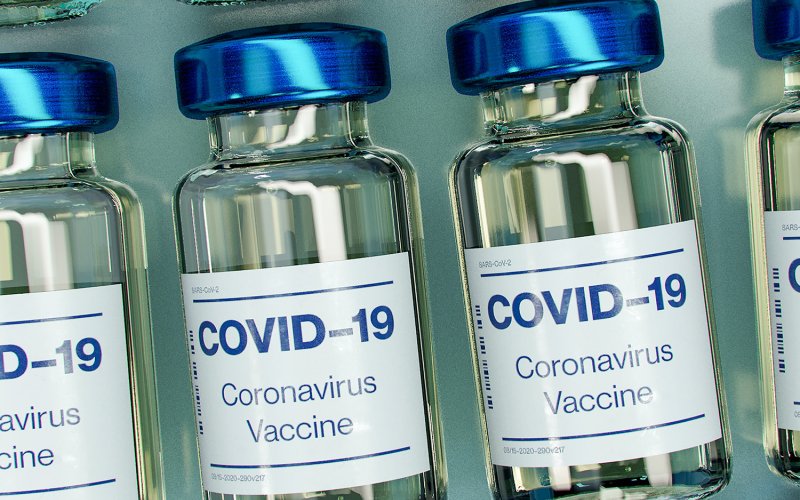Vaccine Hesitancy

In response to a new initiative by the dean’s office to encourage cross-discipline research collaborations in the School of Business, three faculty studied the effect of the politicization of health science on vaccine hesitancy.
Assistant Professor of Information Security and Digital Forensics Devipsita Bhattacharya, Associate Professor and Chair of Marketing Ioannis Kareklas and Assistant Professor of Information Security and Digital Forensics Victoria Kisekka worked with Professor of Marketing and International Business Darrel D. Muehling from the Carson College of Business at Washington State University.
Kareklas brought his expertise in social marketing and public health. He said. “My research focuses on pro-social behaviors and I have published several manuscripts in academic journals on the topic of health science and how health information and fake news are disseminated in today’s world, given the widespread use of social media and growing mistrust in government and health institutions. In particular, within the area of heath science and information processing, I have focused on past projects on how vaccination decisions are made and how consumers make such decisions for themselves and their families by utilizing different information sources.”
Digital Forensics faculty Bhattacharya and Kisekka have expertise in network analysis. The team used mixed methods to evaluate how fake news related to vaccines spread on social media. They measured participants’ attitudes and intentions to vaccinate themselves and their families.
“The decision to work on the project stemmed from previous research on the use of online health information. Specifically, understanding how health misinformation on social media influences health decisions. When we started working on the project, anecdotal evidence suggested vaccine decisions were, in part, driven by the vaccine-related information and political information on social media. This was intriguing to me because of my earlier work,” said Kisekka.
Kareklas notes, “What I believe is drastically different now, than just a few years ago when I began focusing my research activities in this domain, is the politicization of health science. Specifically, in the last few years and in particular throughout 2020 since the COVID-19 pandemic begun, we have seen the president and his surrogates question health science and offer their own often misleading interpretations on health findings, which are counter to the widespread evidence and beliefs of most respected health professionals. This project attempts to understand the impact of politics and the spread of misleading or entirely erroneous information on how consumers make health decisions, in particular, whether they plan to get the COVID-19 vaccine.”
Reexamining Health Messages in the Political Age: How the Politicization of Health Science ‘Very Likely’ Cost Lives
The research provided empirical evidence that individuals’ political leanings likely have an influence on mask-wearing behaviors, general vaccine hesitancy and the likelihood of receiving a COVID-19 vaccine during the current pandemic.
After comparing the beliefs and actions of voters in advance of the 2020 election, the researchers stated, “We found that, as compared to Trump voters, Biden voters were significantly more likely to wear masks in public, exhibited lower levels of vaccine hesitancy in general, and expressed a greater likelihood to receive a COVID-19 vaccine.”
With this in mind, they asked the question, "Can public sentiment regarding COVID-19 vaccinations be swayed?" Preliminary evidence suggests that a social marketing intervention using credible spokespeople may be helpful in altering the behavioral intentions of some individuals.


